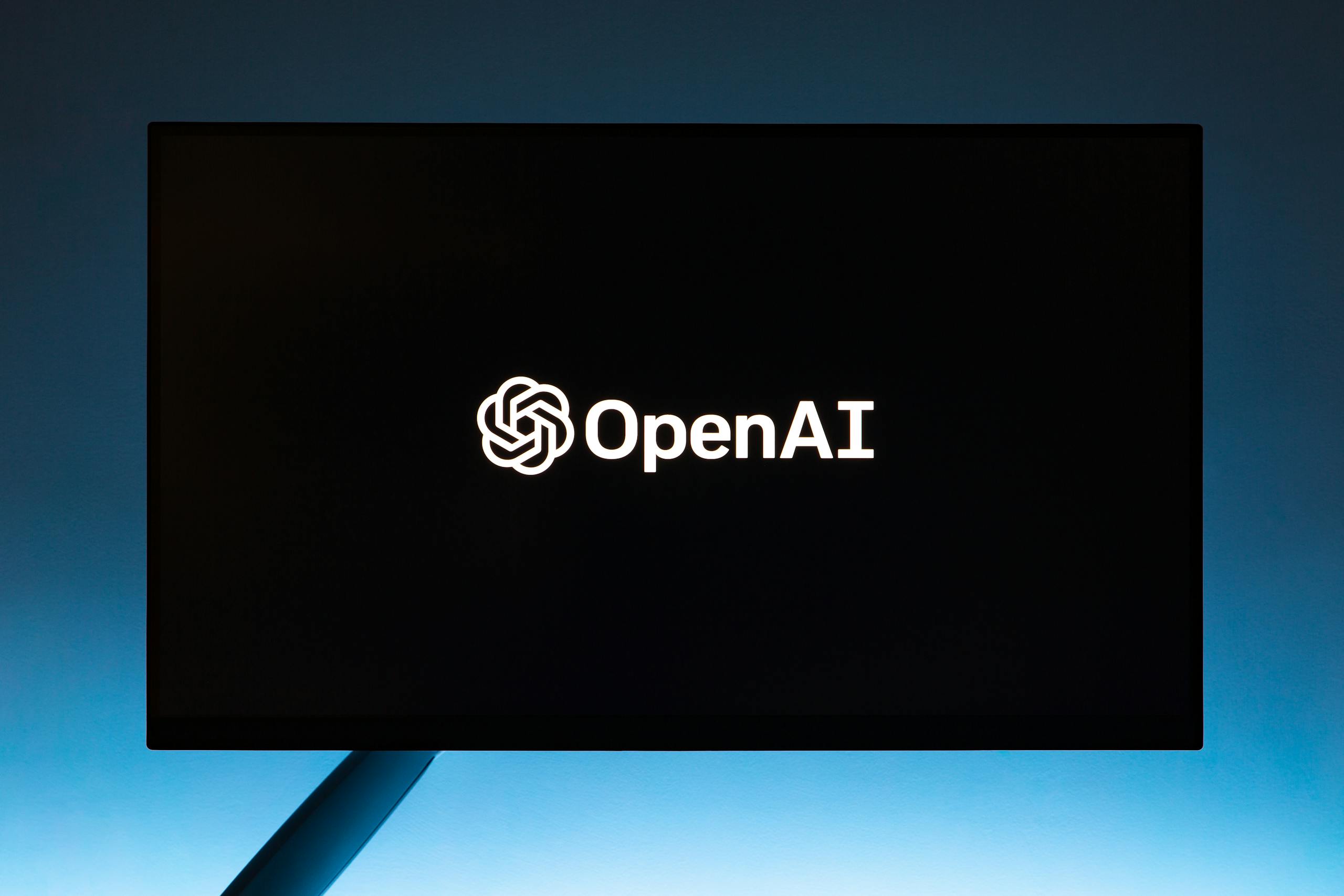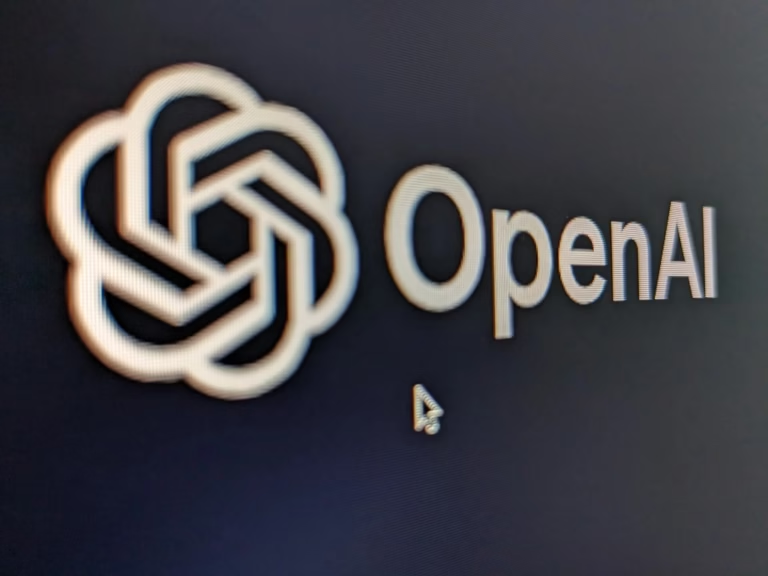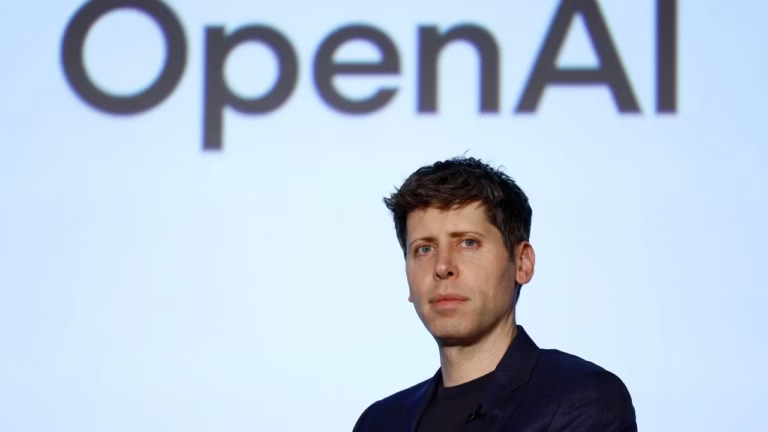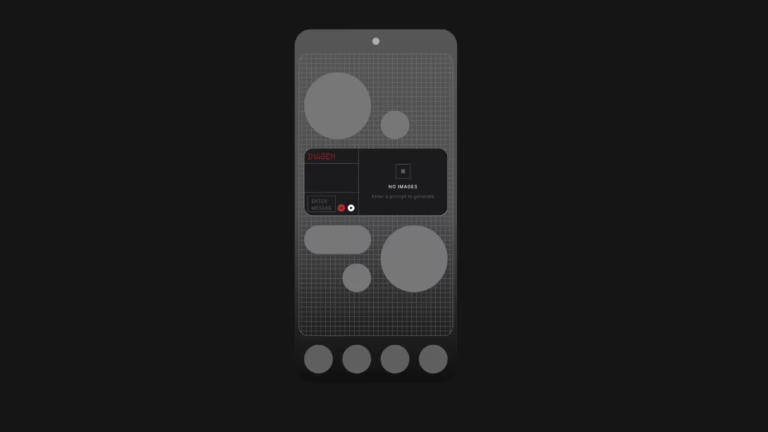OpenAI wants to bring artificial intelligence (AI) to classrooms. Today, the company launched a free, online course for K-12 teachers. The program intends to show how to use OpenAI’s ChatGPT in the classroom. However, some teachers are cautious.
The New AI Course for Educators
The program is a one-hour, nine-module course. It was created in partnership with Common Sense Media, a nonprofit. The focus is on helping teachers use AI in a way that benefits students.
According to OpenAI, the course covers AI basics and how AI can be applied in education. Specifically, how teachers can use ChatGPT, OpenAI’s chatbot, for lesson plans and classroom activities.
Schools Already Using It
OpenAI says the course has been implemented in various U.S. schools, including the Agua Fria School District in Arizona and the San Bernardino School District in California. According to company research, 98% of teachers say they found useful strategies in the course.
“Schools across the country are grappling with new opportunities and challenges as AI reshapes education,” Robbie Torney, senior director at Common Sense Media, said in a statement. “With this course, we are helping teachers be prepared for this transformation.”

Teacher Concerns
Not everyone is happy with the new course. Some teachers worry that AI could create more problems than benefits. Lance Warwick, a University of Illinois Urbana-Champaign lecturer, feels that the course doesn’t fully address the risks.
“In the modules, it talks about both using past student data but then also warns against inputting data,” said Warwick. “This seems contradictory.” His main concern is that educators could easily misuse ChatGPT without understanding its limitations.
Data Privacy Issues
Another concern revolves around data privacy. Sin á Tres Souhaits, an educator at The University of Arizona, questioned how the company might use data created from teacher activities.
“If educators create specific materials using ChatGPT, does OpenAI have the right to use or sell it later?” Tres Souhaits asked. He pointed out that the course only covers OpenAI’s tools, limiting teachers’ knowledge about other AI alternatives.
Trust in AI
Tres Souhaits has a broader concern about AI. “For me, AI feels like crypto—it’s new and has potential, but also lacks regulation,” he said. He worries that the pace of AI use in education has outpaced laws protecting students and teachers.
The United Nations called for increased regulation of AI in schools late last year. UNESCO asked for rules on data privacy and student safety, but policymakers have been slow to respond.
A Different View
Some are more optimistic, though. Josh Prieur, a former classroom teacher, now a product director for Prodigy Education, sees benefits. He thinks AI could save teachers time by handling smaller tasks.
He acknowledges there are valid concerns, but believes AI will help once more safeguards are in place. Teachers, he believes, could benefit from thoughtful AI integration.
OpenAI’s Plan for Education

OpenAI seems determined to enter the education market. In September, they hired Leah Belsky, the former head of Coursera, to lead the charge. They also introduced ChatGPT Edu, a tool built explicitly for universities.
Market experts predict strong growth for AI in education. According to Allied Market Research, the AI education market could be worth $88.2 billion in the next decade.
Skepticism and Slow Adoption
Despite the buzz, schools remain divided on AI’s role. Surveys show a quarter of K-12 teachers believe AI is more harmful than helpful. Only 18% currently use AI in their classrooms.
Leaders in the education sector haven’t rushed to adopt AI either. A recent EAB survey noted that most school superintendents don’t see dealing with AI as urgent right now. Staffing shortages and absenteeism are higher priorities at the moment.
Mixed Research on AI’s Impact
Another reason for hesitation may come from mixed research results. A University of Pennsylvania study found students who relied on ChatGPT for math scored lower than those who didn’t use AI. A separate study from Germany showed students using AI found information faster but struggled with in-depth understanding.
Conclusion
As OpenAI writes in its guide, AI can help teachers but it won’t replace them. For now, only time will tell if schools will embrace AI or continue to hold back.
| School District | State | AI Tools Used |
|---|---|---|
| Agua Fria School District | Arizona | ChatGPT |
| San Bernardino School District | California | ChatGPT |
| Challenger School System | Multiple Locations | ChatGPT |
| Various K-12 Schools | Nationwide | ChatGPT |
More News
Perplexity AI Launches Shopping Feature for U.S. Pro Users
Marc Benioff Praises Google’s Gemini Live AI Assistant as ‘The Future’









[…] MORE:OpenAI Launches Free Course for Teachers, Sparking ConcernsSagence AI Develops Power-Efficient Chips for AI […]
[…] MORE:OpenAI Launches Free Course for Teachers, Sparking ConcernsPerplexity AI Launches Shopping Feature for U.S. Pro […]